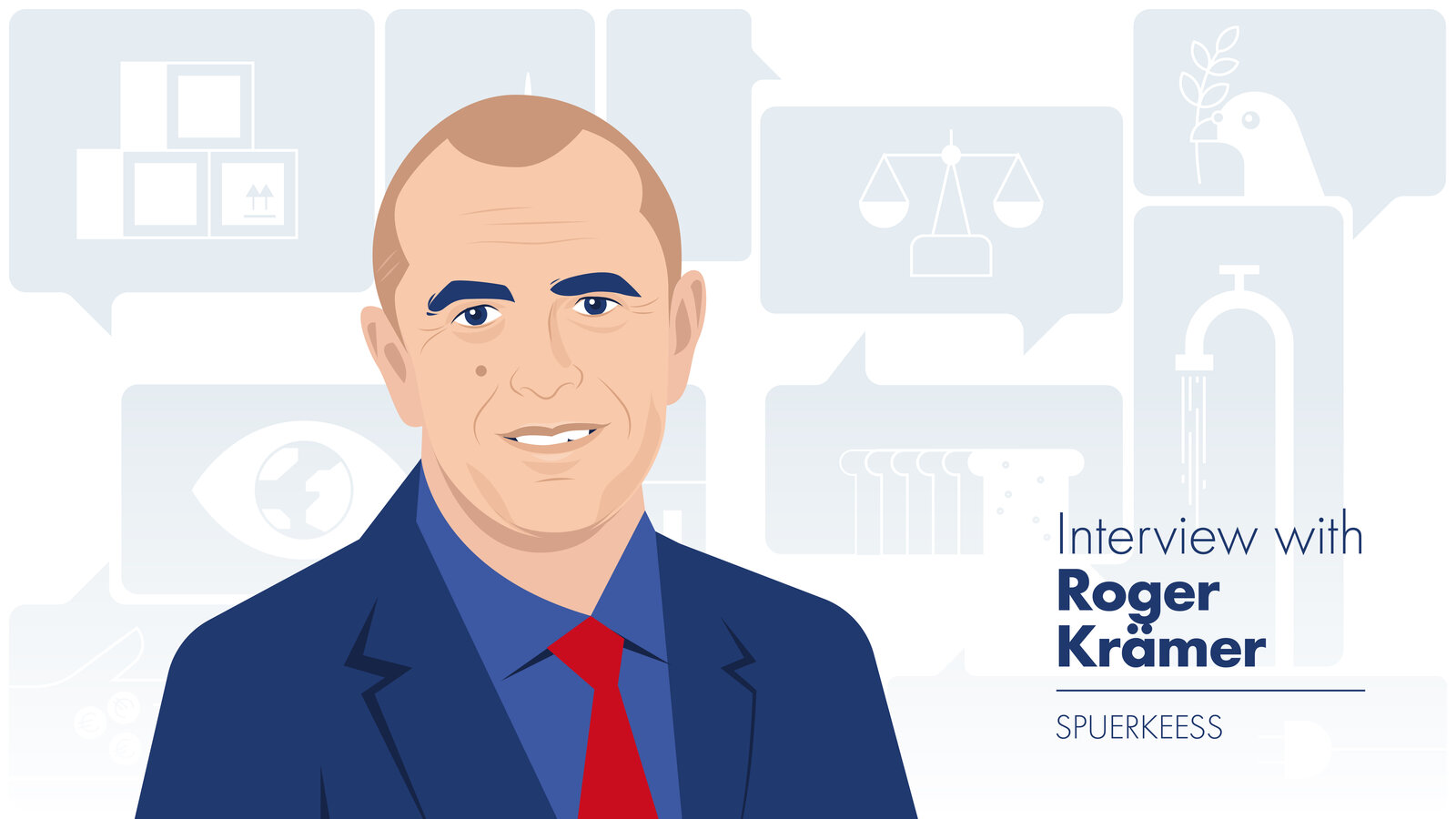Sustainable mobility and what it means for…
Sustainable mobility offers significant benefits and challenges for organisations. Strategic approaches are essential to reduce emissions and promote greener…

Voice payment is a concept that refers to the use of voice to carry out payment or securities transactions. This is done using voice commands on devices that are equipped with a voice recognition module. It's a fast, practical alternative to traditional payment methods, especially for people with certain disabilities.
The device must have voice recognition and secure payment functionalities, for example smartphones: iPhone's Siri or Android's Google Assistant can be used to make a voice payment. But voice payments can also be made via connected speakers (Alexa from Amazon Echo, Google Assistant, etc.), connected watches and, of course, tablets.
User adoption of voice payment technology is growing steadily, but varies according to a variety of factors, such as the availability of the technology, users' familiarity with this payment method and security concerns, and even trust in the technology.
In some countries, such as the USA, UK and China, where voice assistants and mobile payments are widely adopted, voice payment is beginning to gain in popularity. Payment service providers and device manufacturers are actively working to enhance the security and reliability of this payment method.
In the short term, adoption of voice payment will remain minimal. Usage will grow as technology improves, users gain confidence and voice payment is seamlessly integrated into the existing payment ecosystem.
As in other European countries, voice payment is still used in small doses in Luxembourg. But the development of banking apps that incorporate voice recognition will surely accelerate its use in the years to come.
There are many challenges when it comes to data protection:
Data collection and storage: the use of voice payment requires the collection of voice data from users. It is crucial to ensure that this data is collected securely and stored confidentially in accordance with the requirements of GDPR (General Data Protection Regulation).
Voice authentication: this is essential to ensure that transactions are carried out by authorised users. It is therefore essential to implement robust voice authentication systems to reduce the risk of fraud.
Securing transactions, especially against interception and manipulation.
Data consent and control: users must be transparently informed about the collection, use and storage of their voice data. They must have control over their voice data and give their informed consent.
1. Choose reputable platforms and services.
2. Make sure that the devices you use for voice payment are properly secured.
3. Protect your voice and your personal information,: be aware of the environment in which you are using voice payment.
4. Find out about the privacy policies of the services you use for voice payment.
5. Be aware of the risks and limits.
About the blog:
There is an urgent need for rapid transition to global sustainability. Business and industry have enormous social and environmental impacts. "Why does it matter?" is a bi-monthly blog that aims to elucidate this important topic through the eyes of our experts.
Don't miss out our experts' practical tips for your daily life and be part of the positive change.